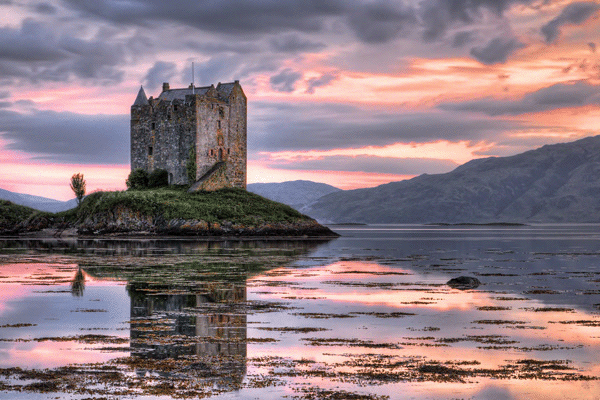A New State Flag!
Friday, November 13th, 2020During the 2020 election, people across the United States voted for local, state, and national officials. But voters in Mississippi got to vote on a fairly unique proposition as well—the design of a new state flag. In June 2020, the state Legislature passed—and Governor Tate Reeves signed—a bill to remove and replace the state flag. The old flag, adopted in 1894, featured a replica of the Confederate battle emblem used during the American Civil War (1861-1865). Many people consider the emblem to be a symbol of slavery and oppression. The Legislature’s measure called for a commission to adopt a new design that omitted Confederate symbols and included the words “In God We Trust.” Mississippians voted to accept the new design in a November referendum (vote of approval).
Mississippi’s new flag features a white magnolia blossom on a blue backdrop with red and gold stripes on either side of the flower. The magnolia is the state flower, as well as the state tree. “In God We Trust” is written below the flower. Twenty stars representing Mississippi’s status as the 20th state in the Union surround the flower. One gold star represents Mississippi’s Native American tribes.
The move comes at a time when protests of racial injustice and the legacy of slavery and white supremacy have captured the nation’s attention. This summer, hundreds of thousands of people throughout the United States (and even around the world) took to the streets to demonstrate against racism and the police use of force against African Americans, including the killings of George Floyd and others. Protesters urged city officials—in Mississippi and throughout the United States—to remove statues of such Confederate leaders as Robert E. Lee, the general who commanded the Confederate Army in the Civil War. Protesters also encouraged the removal of a variety of Confederate-related symbols, such as the emblem on the Mississippi flag. Displays of the emblem were also banned at NASCAR races and other events.
This year was not the first time a new Mississippi flag has been proposed. In 2001, Governor Ronnie Musgrove appointed a commission to propose a new design for the state’s flag. That design featured a circle of stars, representing Mississippi’s Native American tribes. Later in the year, two-thirds of Mississippi voters rejected the new design and chose to keep the old flag. Mississippi’s flag remained a source of controversy through the early 2000′s, leading a number of organizations and corporations to decline to hold events in the state or open facilities there. The new design officially becomes law in 2021.




